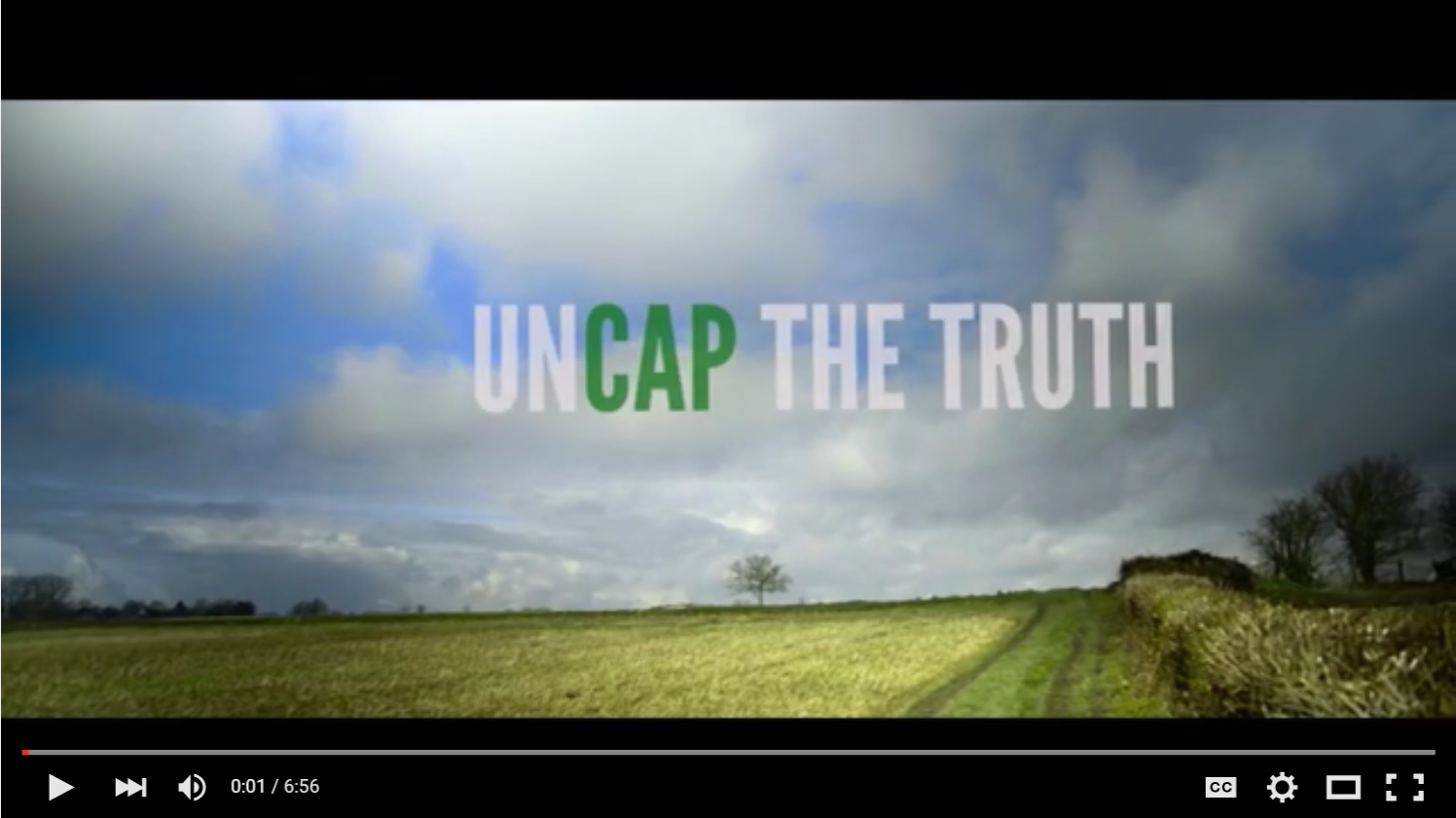Why we need to radically change the EU’s Common Agriculture Policy

28 August 2020
125,000 individuals receive Common Agriculture Policy payments in Ireland, which accounts for over half of average farm income. Not everyone is happy with the level of CAP’s environmental ambition, however.
12 national coalitions from around Europe, including Ireland’s Environmental Pillar, have come together to co-sign a letter demanding radical change in how farming is funded as the German Presidency has made it clear that it wants to conclude the CAP negotiations within the terms of its presidency which ends on 31st December.
But why now – and what are the demands?
On 31st August and 1st September, Agriculture Ministers from the EU’s member states will meet for what’s called the monthly AGRIFISH meeting.
While each of the Parliament, Commission and Council of Ministers are powerful in their own ways, the Council is probably the most important institution. Big money decisions tend to be driven by national ministers or prime ministers in these collective meetings.
This meeting, one of the first significant events of the six-month German Presidency, comes at a rarefied time.
A pressure cooker has been bubbling away for some months: angry farmers and young environmental activists have both taken to the streets demanding change; Covid-19 has placed an enormous strain on everything, including the agri-food sector.
However the huge environmental crises –climate, biodiversity, pollution – are still looming large and impacting daily.
EU Green Deal and CAP
Into this context, somewhat surprisingly, the EU Commission came up with a reasonably strong EU Green Deal at the start of its tenure in 2019. There is much to criticize in the Green Deal, and in the watering down of the spending plans by Prime Ministers recently, but in global terms it’s probably the strongest large scale direction-change attempted by a major power block in recent decades.
The agri-food elements of the EU Green Deal – the Farm to Fork and the Biodiversity Strategies – are genuinely ambitious: against much opposition, real targets for 2030 were left in place: reductions in pesticides (down 50%), in overuse of fertilizer (down 20%), and for an increase in high diversity landscapes (10%) organic farming (up to 25% by 2030).
What’s more, the Commission released a working document for integrating CAP and the Green Deal. This states that the CAP plans currently being written by EU Member States like Ireland must now reflect the ambitions of the Green Deal. A whole list of existing Directives and regulations are cited (Annex XI), which the Commission will use to “take account of needs identified in the European Green Deal and assure that CAP support is not targeted at practices that are considered environmentally harmful.”
CAP Fails Biodiversity
This is necessary because, whatever about the hype, CAP fails spectacularly on environment. There is much evidence for this. In particular the European Court of Auditors, a small EU institution with a remit that includes assessing value for money in EU activities, has released a series of damning reports that show CAP money is largely wasted when it comes to environmental performance.
Just one of these reports found that E66 Billion biodiversity spend in CAP has “not halted the decline”: in fact, “since 1990…populations of farmland birds and grassland butterflies have declined by more than 30%” (2020 Report 13, page 4). Words like “insufficient” and “limited” pepper the document, as does criticism of a lack of data, measurements or real monitoring.
It’s difficult to imagine this level of failure being tolerated elsewhere, but in the immortal words of Brian Cowen,”we are where we are”.
CAP Planning in Ireland and EU
In this context, Ireland is in the process of writing up its CAP plan. The Environmental Pillar, made up of 31 national environmental NGOs, inputs. However, the majority of the two dozen organisations involved are mainstream agri-food, farming and government representatives. The Pillar has the huge task of fighting for a CAP plan that will really embrace biodiversity collapse, runaway climate change, loss of pristine rivers, ammonia pollution and a host of other ecological realities.
On Monday and Tuesday, the EU’s agriculture ministers will meet to progress CAP. With an unplanned sequence of agriculture ministers due to scandals, who knows who Ireland will send?
Nevertheless, in light of this EU meeting, the Environmental Pillar has joined with 11 other national coalitions from around the EU, representing in total over 400 civil society organisations, to demand radical change in CAP.
This letter, led by the EU-wide Good Food Good Farming coalition and France’s Pour Une Autre Pac coalition, demands more ambition from the CAP process. Taking a food sovereignty approach, it focuses on public goods for public money, rather than blind per hectare payments; more robust performance monitoring and a shift to results-based payments; improved stakeholder inclusion and transparency; and yes EU Green Deal compatibility.
From Covid to climate, it’s hard to imagine a more important time to bring farming and food more into line with planetary needs. What’s both infuriating and compelling is the fact a majority of farmers, and the whole of society, would benefit from the approach to agri-food that’s outlined in this 400 organisation letter. Read it, share it, and act on it.
Oliver Moore works for ARC2020 and Cultivate. Cultivate is on the Environmental Pillar, while ARC2020 is involved with the Good Food Good Farming coalition.







